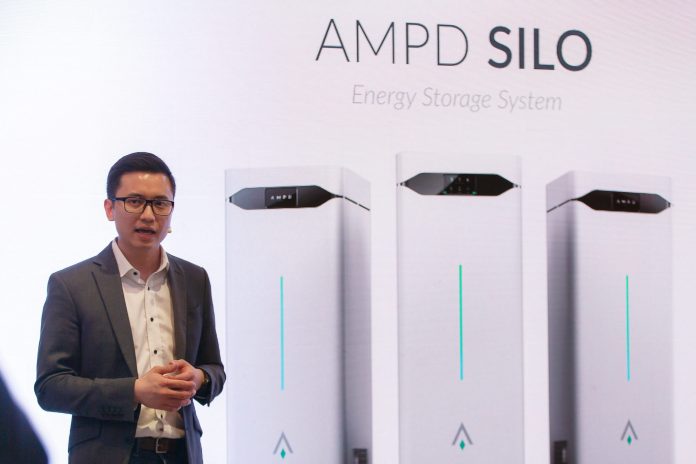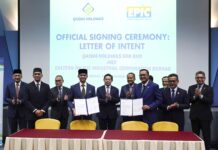When Brandon Ng (pictured) was having a dinner meeting with a partner in Sumatra, Indonesia several years ago – they found themselves in a blackout.
It wasn’t an uncommon situation; reports by PricewaterhouseCoopers estimate power outages to Indonesia’s manufacturing sector alone to cost more than US$400 million annually.
Brandon was working at something altogether sexier at the time – high end electric motorcycles – but as they sat in the dark, the more imminent problem, which faces three billion people, caught his attention.
“It struck us that black outs were in fact a serious problem,” said the 29-year-old local permanent resident. “Billions of people and millions of enterprises – in sectors as wide ranging as healthcare, telecommunications, industry and more critically to healthcare – suffer from unstable supply.”
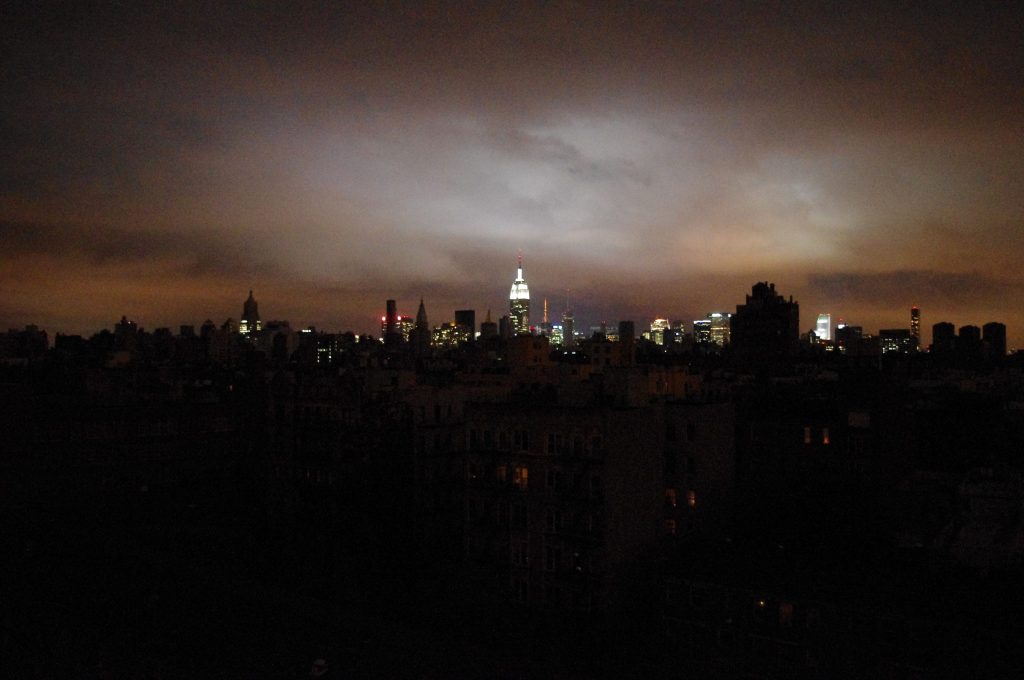
Polluting, noisy diesel generators are a common solution, another being lead-acid batteries. Both come with drawbacks in emissions, maintenance and lifespan – but for those with a need for uninterrupted power supply, a better option had yet to present itself.
“I remember looking at our motorcycle thinking; what would it take to put the same technology – a rechargeable lithium ion battery – as a backup power source?” he said.
You’ve seen the solution applied elsewhere – most likely on the nifty power bank you carry around to recharge your mobile phone. So why hasn’t anyone replicated a device on a much larger scale?
High costs and technical challenges are the two main reasons why. But over the course of three years Ampd Energy – Brandon’s startup with Luca Valente – have managed to come up with a working, affordable breakthrough from Hong Kong; the Ampd Silo.
Measuring in at 1.6m tall, with a width of 59cm and a depth of 45cm, it’s essentially 1,800 rechargeable batteries packed into a single device that takes the form of a futuristic looking fridge.
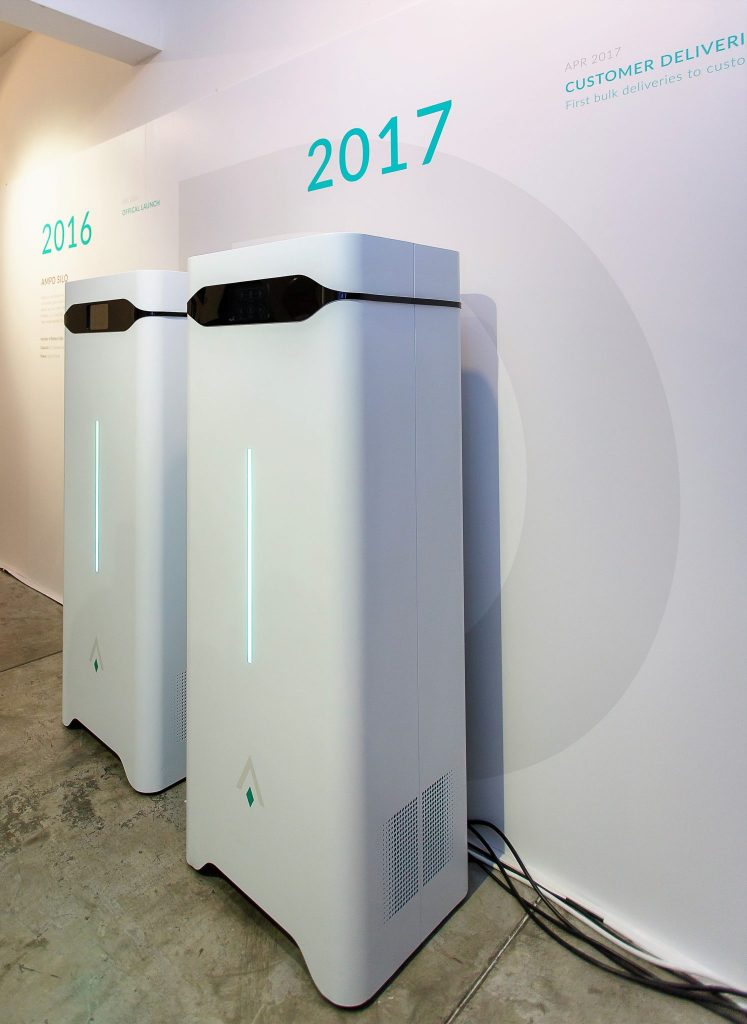
Positioned strategically in Hong Kong, Ampd has been able to leverage on China’s boom in the lithium-ion battery manufacturing – fueled by a surge in sales of electric cars.
“Economies of scale has driven down the cost of lithium ion batteries, allowing them to be feasibly made into a solution of this size. Against a (comparable) diesel generator – we’re not much more expensive,” said Brandon of the Ampd Silo – which has a 17 kilowatt hour capacity – able to power a 10 person office or a three bedroom house uninterrupted for hours.
“But even with a lower cost, there aren’t many able to put the technology together. It takes a lot of technical know-how to be able to get all the batteries to work reliably, in unison for years. Which is why up until today, you haven’t seen such a system in place.”
Aside from having zero emissions, the Ampd Silo’s advantage over its diesel counterpart also extends to its ease of maintenance – requiring only to be charged, contrasted to the routine servicing needed for generators. Then there’s the lifespan; Silo offers seven to 15 years of use – resoundingly beating its lead acid counterpart by up to a factor of five.
With $3.7 million in seed funding and a big pilot roll-out planned for this June in Indonesia, Vietnam and South Africa, Ampd is riding a wave of increasing publicity through regional business and tech publications, culminating in Brandon’s inclusion in this year’s Forbes Asia 30 Under 30: Industry, Manufacturing and Energy.
“I’m absolutely humbled to have been chosen,” said the 29-year-old of the list which Forbes describes as the brightest young entrepreneurs, innovators and game changers in the region.
“But at the end of the day – while I’ve had the privilege to be the recipient of this award– Ampd is not a one man team. The team, all 16 of us, each playing a crucial role. And to those behind the scenes; investors, partners, family and close friends that have supported Ampd along the way – this achievement also goes to them. Without them, I can safely say, Ampd Energy would not be what it is today.”
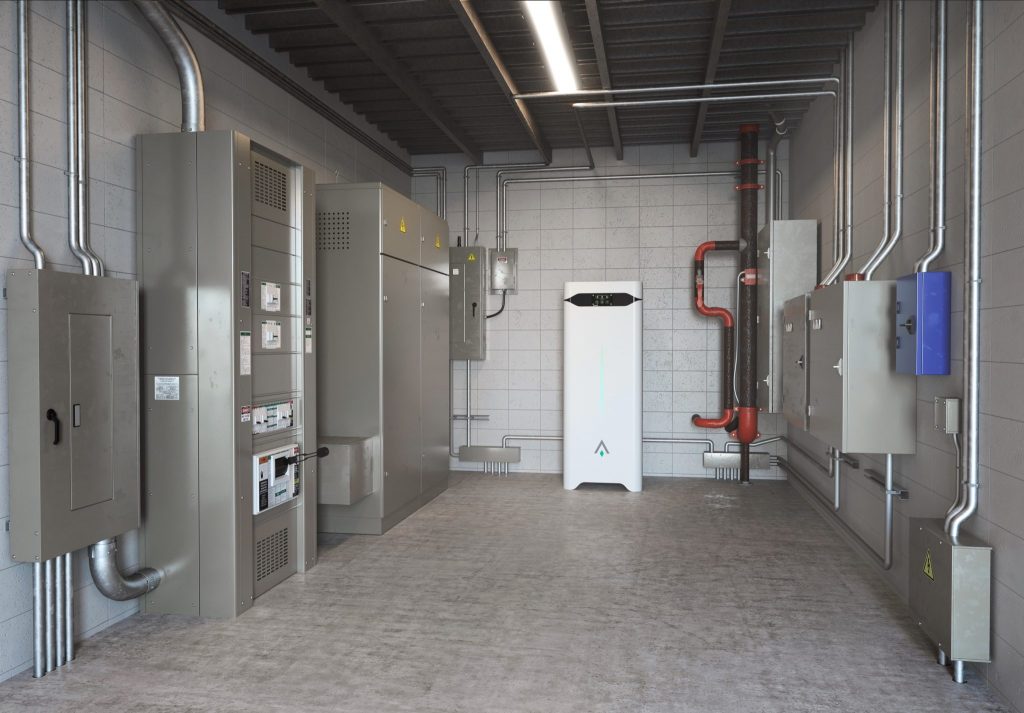
To learn more visit http://ampd.energy/


